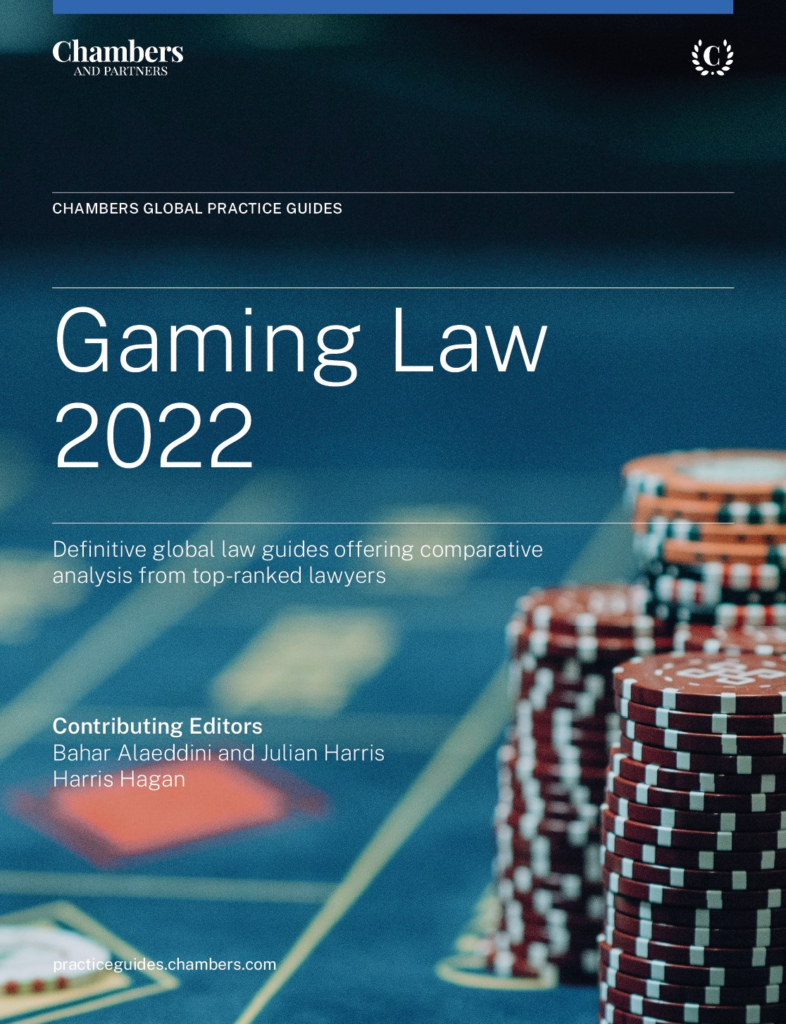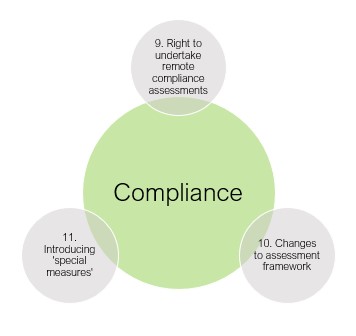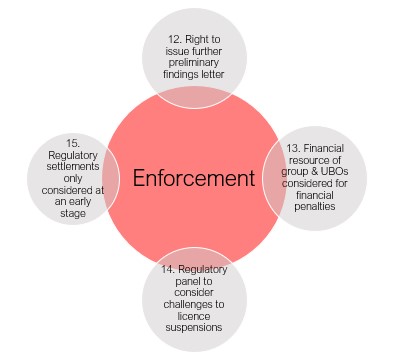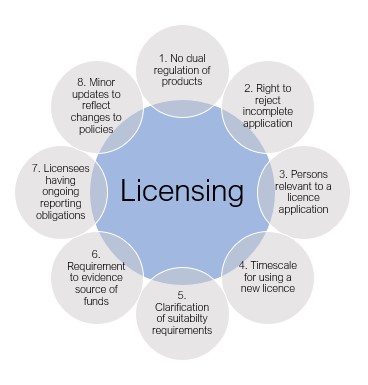Chambers Gaming Law 2022 Global Practice Guide
Partners, Bahar Alaeddini and Julian Harris, have resumed their roles as Contributing Editors to the Chambers Global Practice Guide, with the latest edition of the Gaming Law 2022 eGuide now available online. Associate, Jessica Wilson, joined this year as a co-author.
Harris Hagan contributed to four parts of the publication
- the Introduction;
- the UK chapter;
- the Alderney chapter; and
- the UK Trends and Developments chapter.
The esteemed publication spans over 30 jurisdictions and provides the latest regulatory information including: the availability and duration of licences; B2C and B2B licences; application requirements; affiliates; white labels; responsible gambling; AML legislation; restrictions on advertising; acquisitions and changes of corporate control; trends in social gaming; eSports; fantasy sports and blockchain; tax; and anticipated reform.
Key trends are covered by jurisdiction under the Trends and Developments section, and the publication also provides users with the opportunity to perform jurisdiction comparisons using the Compare locations tool.
Please use the above links to review their contributions and the rest of the eGuide at your leisure.



